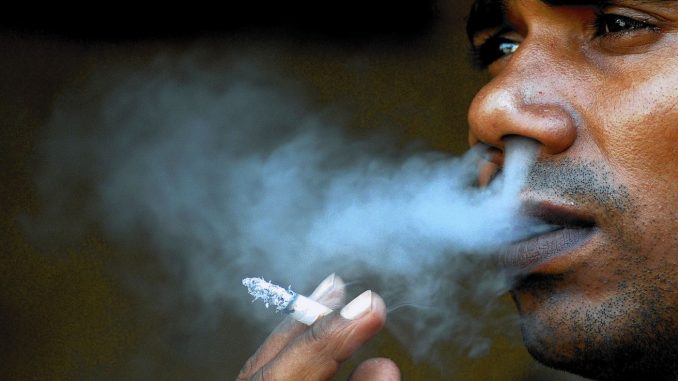
- May 31 is celebrated as the World No Tobacco Day.
- The percentage of tobacco smokers in India has witnessed a sharp drop since 2000.
- According to WHO most people do not know the cardiovascular risks involved with smoking tobacco.
On World No Tobacco Day, May 31st, the World Health Organisation (WHO) released a report on global trends in tobacco usage. According to the report, the percentage of smokers in India dropped from 19.4% in 2000 to 11.5% in 2005.
The same report projects that the percentage of tobacco smokers in India will further drop to 9.8% by 2020 and 8.5% by 2025.
Globally, the percentage of smokers in the age group of 15 or more has dropped to 20.2% from 26.9% in 2000.
The decrease in the percentage of tobacco smokers in India and other low and middle countries was due to the implementation of tobacco control policies like “Cigarettes and Other Tobacco Products Act of India”. These policies basically prohibit the advertisement of tobacco products and regulate the supply and distribution of cigarettes and other tobacco products.
Although the percentage of tobacco smokers in India is going down, it’s too early to rejoice as the country still has one of the largest tobacco smoking and chewing populations in the world.
The report also revealed that most of the world’s tobacco consumers did not know about the cardiovascular risks of smoking tobacco. Therefore this World Tobacco day, the WHO is drawing the world’s attention to the cardiovascular risks of tobacco.
According to a report in The Hindu, the WHO’s Director-General said, “Most people know that using tobacco causes cancer and lung disease, but many people are not aware that it also causes heart disease and stroke — the world’s leading killers.”
Source: Business Insider

Leave a Reply